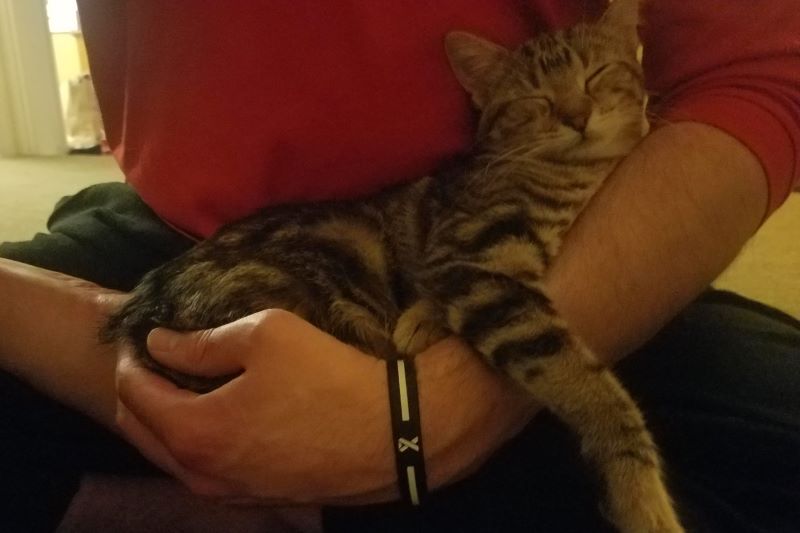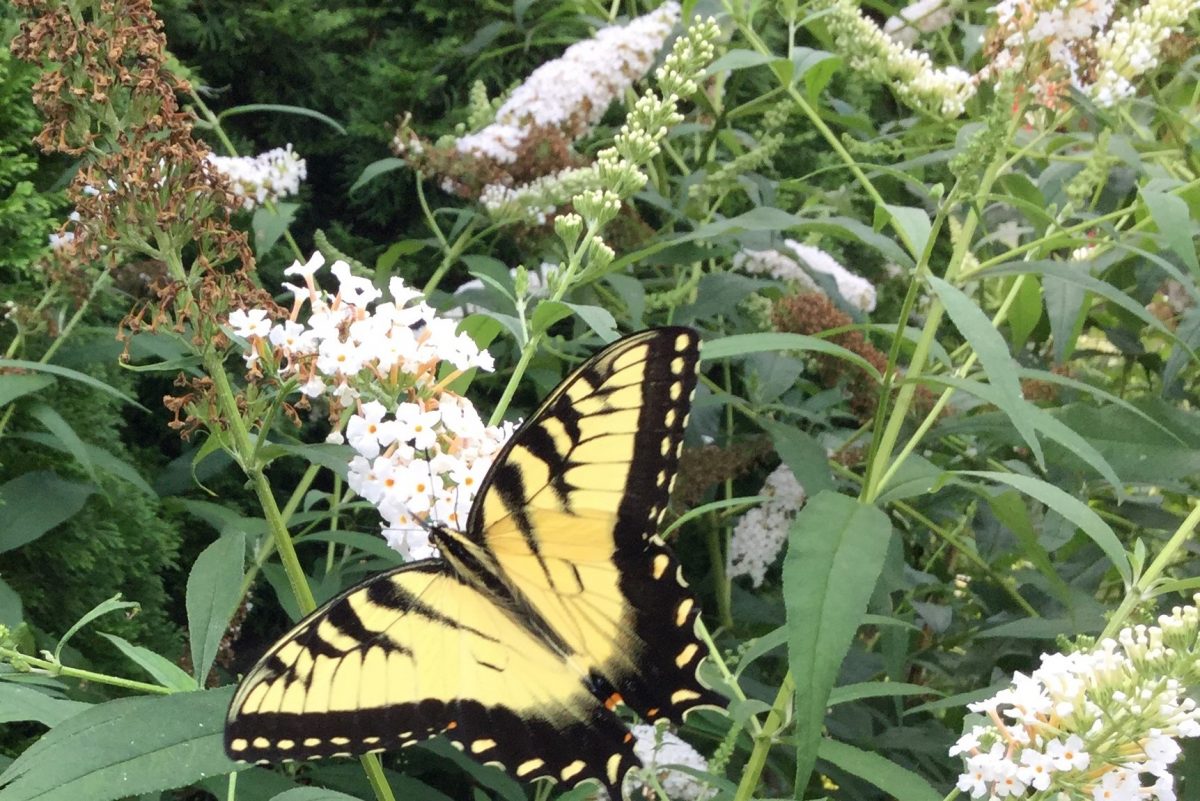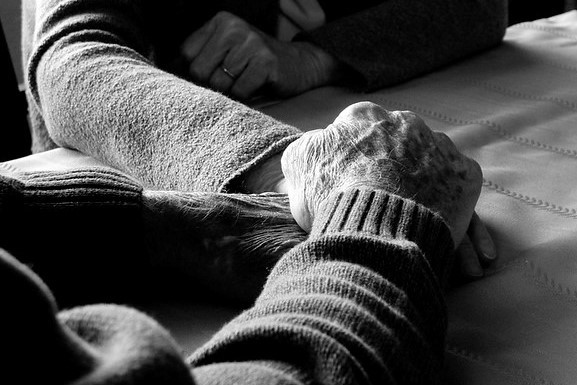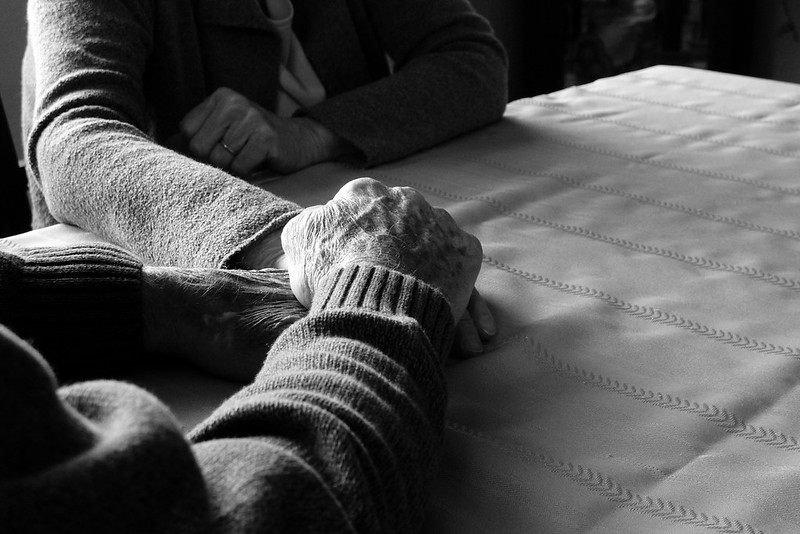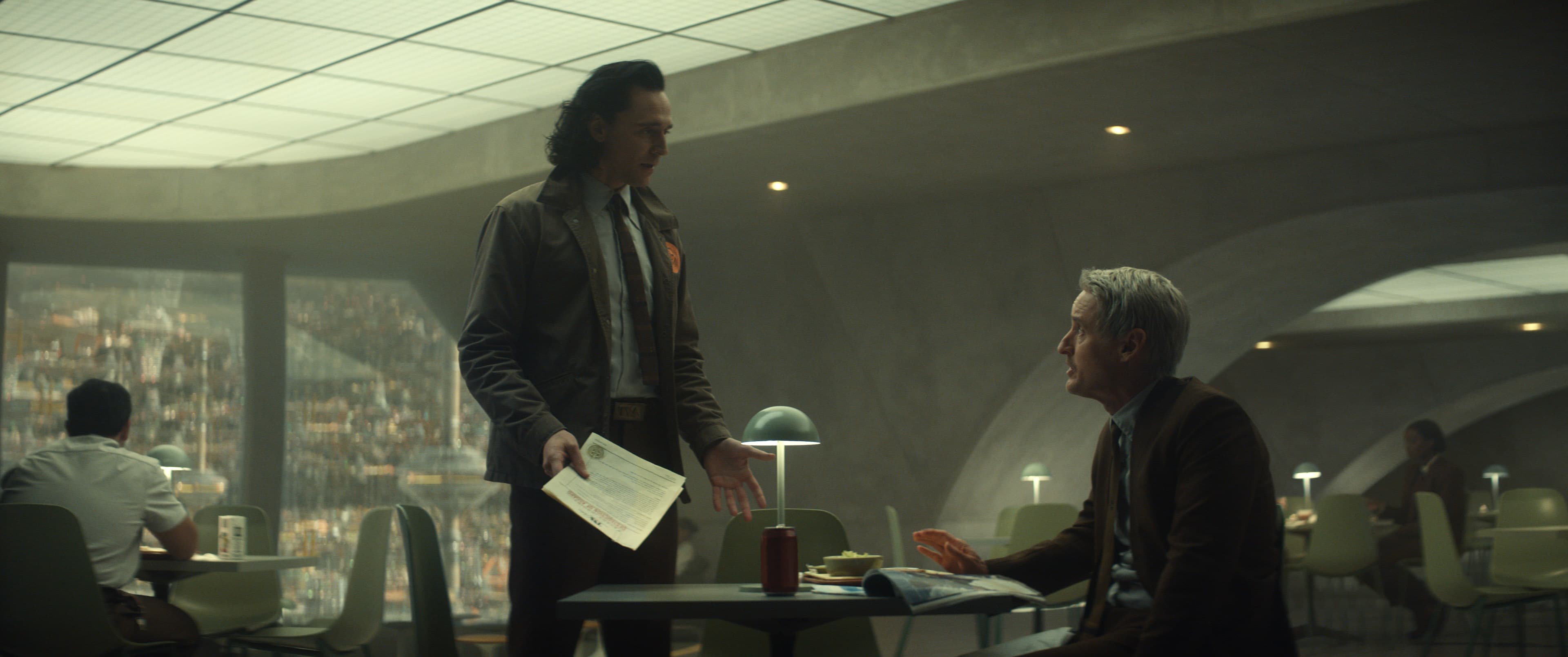As I think back on my life thus far, it seems that I have had my share of happiness. And, probably equal measures of anger. Or grief. Shame in some moments balancing with joy in the next.
Over the past year, I’ve felt less balanced, with more moments of anxiety and anger, as our loved ones and communities navigate a pandemic. And, it has felt that many of us have struggled to thrive.
I remember a day this past spring, when I was working to finish some tasks in the evening of a busy day. It was late, and I was exhausted, but felt the need to finish this work.
And, when I took a moment to check my email, I found one from a coworker that left me infuriated. The details are not important, but the gist was that they had decided to change a set of procedures. Essentially, there was a last minute delegation , and it would be my job to be the bearer of bad news. This last minute shift felt inappropriate, unjust, to me and I remember feeling so angry at the time.
I realized, in that moment, that my colleague was probably struggling, too, to meet their professional duties, and likely was looking for a way to shift some work, or just opt out of that work. “Is this what it’s going to be like with them, from now on?” I wondered. “Is this what the pandemic has done to them?”
I was still seething when another thought came to me, very clearly. “And is this who I am, now? The person who is always angry?“
This week, that moment has been on my mind, that it feels that we are again in a cycle of intensification, and a web of anxiety lays across many of our interactions. I feel entangled, drawn into feelings of frustration, and anger seems always close at hand.
And in so many moments, it can be difficult, for me at least, to find some other way to meet the moment than with anger. But, I have found it helpful at these times to remind myself that our emotional responses have much more to do with our perceptions, and interpretations, of events, than with the event itself.
The importance of our mindset, the frame we give to experience, in our emotional responses was captured beautifully by the Taoist Chuang Tzu, in “The Empty Boat“:
If a man is crossing a river
And an empty boat collides with his own skiff,
Even though he be a bad-tempered man
He will not become very angry.
But if he sees a man in the boat,
He will shout at him to steer clear.
If the shout is not heard, he will shout again,
And yet again, and begin cursing.
And all because there is somebody in the boat.
Yet if the boat were empty.
He would not be shouting, and not angry.
If you can empty your own boat
Crossing the river of the world,
No one will oppose you,
No one will seek to harm you.
Thomas Merton (1965) “The Way of Chuang Tzu”
This view of anger fits very well with cognitive theories of emotion. When I talk with my students about emotion, and stress, I emphasize how important our mindset (our thoughts, or interpretation of events) is to emotion or the experience of stress. Often, we casually refer to stress as a “thing,” but I remind students that it is more accurate to say that stress is a process: the process of dealing with events (which we may label as stressors) that we believe are threats or challenges.
Stress doesn’t exist in the world: no event is inherently “stressful” in itself. But, stress arises, we bring it with us, in how we meet the world. And while our mindset is not entirely in our control, we do generally have some space to maneuver, and to reframe a potential threat as a potential challenge, or to look more closely at how we are reacting to an event.
In general, the ways in which we interpret an event determines if we experience an emotion (and what emotion that will be). And those emotional responses serve purposes in our lives, to help us deal with the situation before us. But, we may not often take a step back to consider the function of emotions in our lives. Take the emotion of disgust. Have you ever looked closely at disgust, and wondered: why do we have this feeling?
In general, emotions serve valuable functions for our species, and disgust is no exception. What we sometimes will label as “core” disgust helps to protect us from consuming foods which may contain pathogens (such as harmful bacteria). Generally, the idea of eating foods that include waste products (feces), or unusual animal products can elicit very strong reactions of disgust, which can prevent a person from consuming them.
But, if we look closely at our lives, disgust reactions are also applied to many potential foods which are in fact harmless (and some which are quite nutritious). This is a puzzle, because while in some ways we can see the protective function of disgust, it also seems to be overreactive, relative to the actual threats we face today.
While there are still some debates about why this is the case, there is a compelling theory that young children are open (relatively!) to eating new foods in the first few years of their lives. They then learn which foods are safe during that time (by learning to accept foods provided by caregivers). Foods which are not provided during this window tend to be avoided, and will produce disgust reactions if children are asked to eat them. And, children may also learn which foods their community finds “disgusting” by watching the disgust reactions of adults around them (see, for example, this study by Stevenson and colleagues).
If the worst drawback of disgust were that it can make it harder for us to try some new foods, that would probably not be a terrible tradeoff (for the protection from pathogens). But, disgust is a more complex emotion than simply steering our food choices. People often experience disgust in response to situations involving sex outside of community norms, and a number of moral violations. For instance, disgust is “the prototypical response when individuals are asked to imagine sex with close genetic relatives“, e.g. incest (Tybur, Lieberman & Griskevicius, 2009).
Why is this the case? I find the evolutionary approach to explaining disgust, and the varieties of disgust we can feel to be compelling: it explains why disgust is a universal human emotion, and characterizes the “problems” that disgust works to solve. In the domains of sex and morality, disgust may function to shape our behavior to avoid contact with outgroups (to avoid exposure to novel pathogens), and violations of social norms (which could result in social exclusion, see Tybur, Lieberman & Griskevicius, 2009 ). Extended beyond foods, disgust may serve important roles, helping to support our ability to live together socially (and avoid disease).
From the evolutionary perspective, I can appreciate that disgust, like each of our other basic emotions (such as happiness, fear, or sadness), can be seen here as a useful, protective, response. A community of humans who lacked the ability to experience disgust might be more free, in some sense. But, they would also be at greater risk of illness, and other kinds of suffering.
But, while disgust may serve a purpose, like all useful tools, disgust can cut against our wellbeing, too. Especially when we do not see clearly that disgust can be arbitrary as well as overreactive. For foods, the idea of eating mealworms might be disgusting to me. And this feeling of disgust may seem very real, and solid. The very urgency and primacy of the emotion justifies my decision to avoid such foods. And while that reaction is arbitrary, if I have access to plenty of other foods, then my categorization of mealworms as disgusting is not necessarily harmful to me or others.
In many other domains, though, there can be great harm and suffering when our biases, prejudices, are coded into an emotion such as disgust. For example, in a study from 2016 (Vartanian, Trewartha & Vanman), feeling disgust towards obese persons predicted higher prejudice and discrimination. This fits with other work that suggests disgust can be used as a tool against disadvantaged or otherwise marginalized groups by privileged groups. Curtis (2011) said it well, writing that “disgust is used and abused in society, being both a force for social cohesion and a cause of prejudice and stigmatization of out-groups.“
In general, I think that the evolutionary approach (to understand the function of emotions) is important, and I see it as complementary to the perspective we see in Chuang Tzu’s “The Empty Boat.” After all, I personally have struggled with my own relationship to my emotional reactions (like when I have felt regret after a bout of anger). But, if emotions and boats are both tools, then maybe emotions are empty as well.
Beyond disgust, we also would expect that each of our basic emotions serve some function. And, that would include anger, an emotional tool that many of us find ourselves reaching for. But, just as fire can be a useful tool in a kiln, an unchecked wildfire can cause great suffering. Anger, can burn through our individual lives like a housefire, or across our society like a wildfire.
Anger tends to result when we feel that we, or someone in our group, has been been treated unjustly, we feel confident that we know the cause of the injustice, and that we feel that another person was responsible for the injustice, and that our action may be able to cause an effect on the situation (summarized in an interesting review of this literature is provided in an interesting paper by Lerner & Tiedens, 2006). In these cases, anger is an emotion that can organize our behavior to try to respond to the perceived offense or mistreatment. In some cases, anger can lead to escalation into aggression (verbal or physical), which seems to be common (especially verbal aggression in online settings now).
But, anger often produces changes in behavior in more subtle ways, as well. In normal, healthy relationships, one important function is to trigger renegotiation (for instance, see this interesting work by Sell, Tooby, & Cosmides, 2009).
In such cases, where perhaps we have become frustrated with a partner or friend, expression of anger can serve as a signal, and can motivate the person who is the target to focus on the angry person, and consider if their grievance has merit. Anger, in many cases, can be a healthy part of any relationship, if it leads to communication and a better understanding for all parties. This is not meant to justify anger, though: in many cases, anger is a sign that communication has already failed, and attention to the relationship might have prevented, or blunted, the conflict.
And, even though anger can be employed as a useful tool, we likely can think of times in our own lives where anger did not lead to a healthy resolution. Many times, anger draws out anger, as each feels that only their own grievances are valid.
Or anger seeks not to be heard, but for submission.
In those cases, it may have been better, for ourselves and our communities, if we had not reached for anger as a tool. If we could see that, perhaps we don’t know all of the facts of a perceived injustice. Or, perhaps we misunderstand the motivations of the person we are angry with. Much of the anger we see now seems to be built, in part, on a sense that our goals are in conflict, but I wonder if that is really the case, at a deeper level.
While it is certain that not everyone agrees on the most important goals (for our individual lives, for society, for the world), I personally hope for the best life, for the most people. For as many as possible to look on this life as a joy, a miracle, as deeply and as often as possible. And, at least in my own experience, neither fury nor disgust has helped me live that kind of life.
All of the boats really are empty. So, if we are on a collision course, let’s steer around one another, or maybe help one another back to safe harbor.
